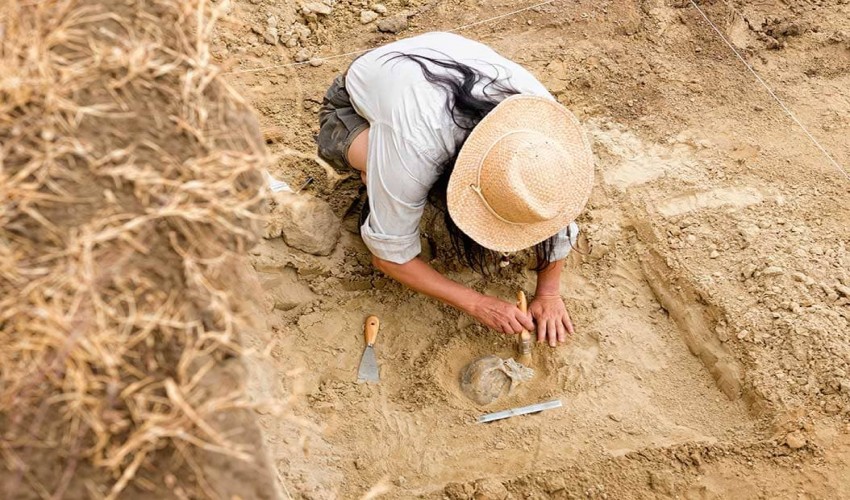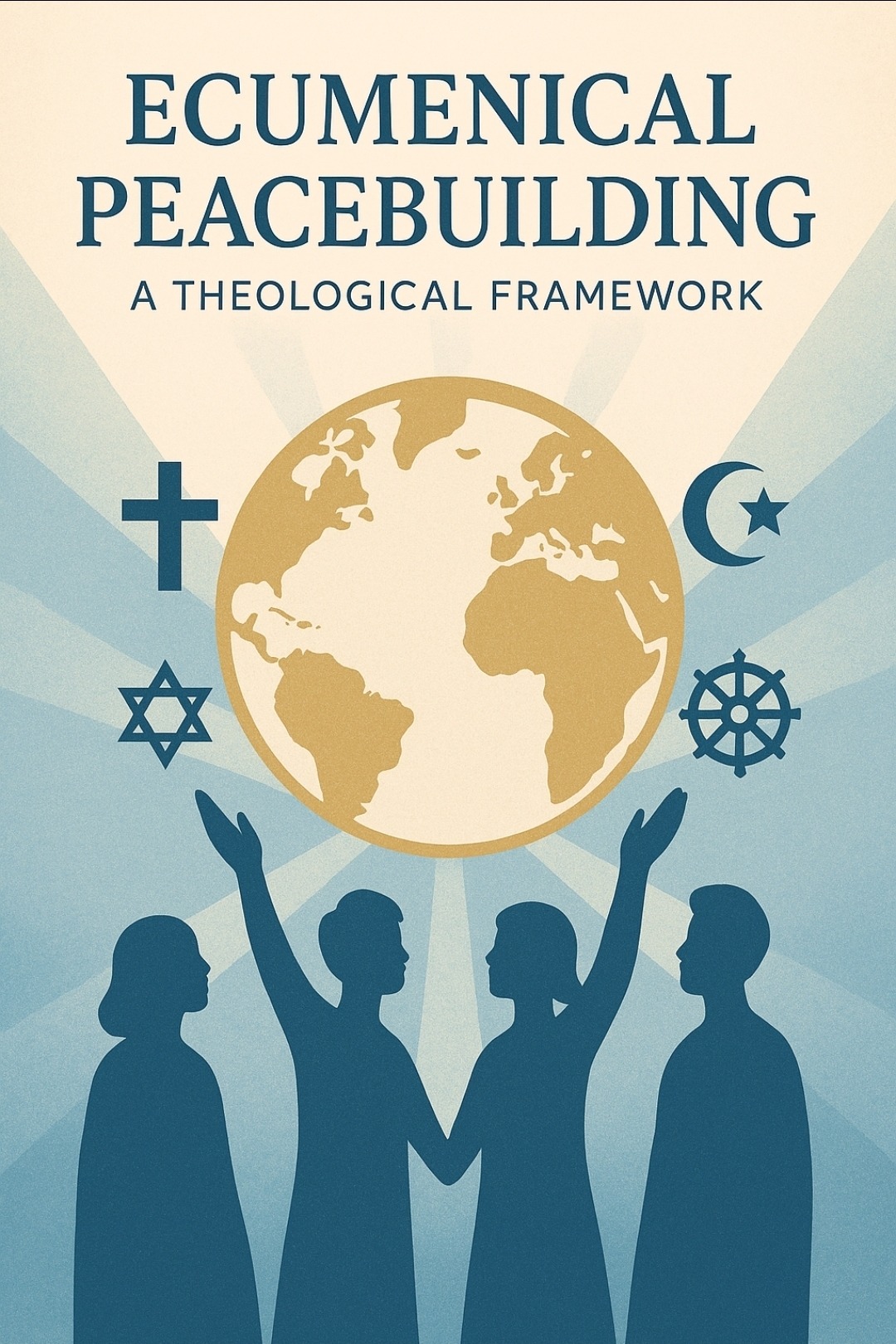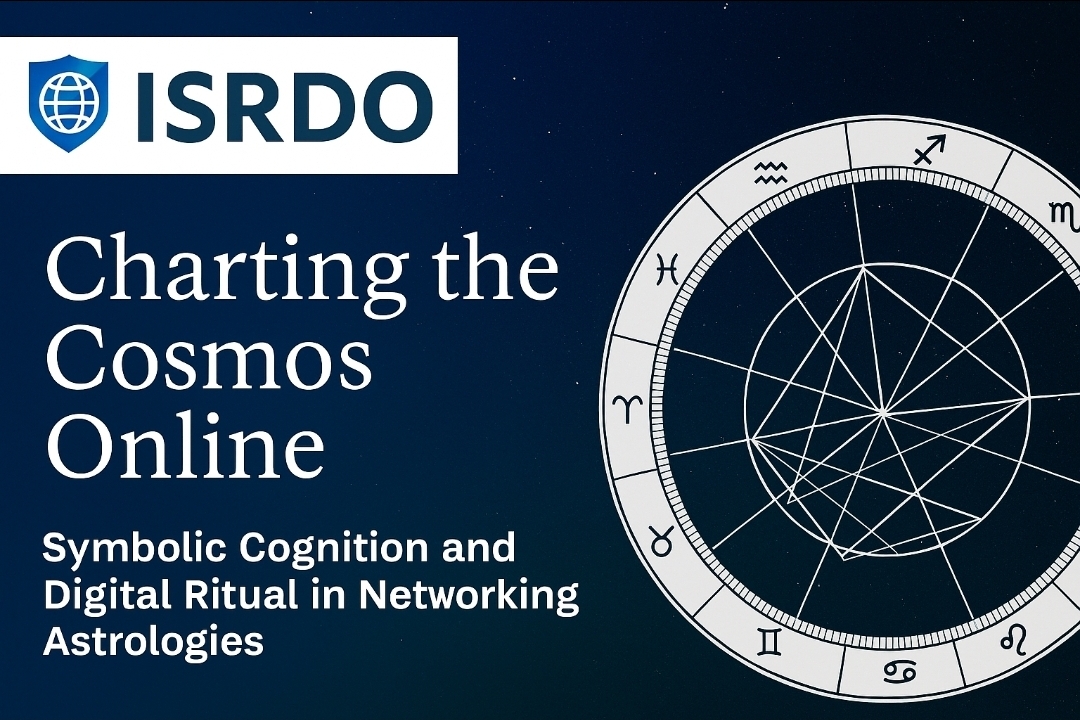
Archeology
Archaeology, or archeology is the study of human activity
through the recovery and analysis of material culture. The archaeological
record consists of artifacts, architecture, biofacts or ecofacts and cultural
landscapes. Archaeology can be considered both a social science and a branch of
the humanities.
Archaeologists study human prehistory and history, from the development of the first stone tools at Lomekwi in East Africa 3.3 million years ago up until recent decades. Archaeology is distinct from paleontology, which is the study of fossil remains. It is particularly important for learning about prehistoric societies, for whom there may be no written records to study. Prehistory includes over 99% of the human past, from the Paleolithic until the advent of literacy in societies across the world. Archaeology has various goals, which range from understanding culture history to reconstructing past lifeways to documenting and explaining changes in human societies through time. Derived from the Greek, the term archaeology literally means “the study of ancient history.”
Archaeology has been used by nation-states to create particular
visions of the past. Since its early development, various specific
sub-disciplines of archaeology have developed, including maritime archaeology,
feminist archaeology and archeoastronomy, and numerous different scientific
techniques have been developed to aid archaeological investigation.
Nonetheless, today, archaeologists face many problems, such as dealing with pseudoarcheology,
the looting of artifacts.
An archaeological investigation usually involves several
distinct phases, each of which employs its own variety of methods. Before any
practical work can begin, however, a clear objective as to what the archaeologists
are looking to achieve must be agreed upon. This done, a site is surveyed to
find out as much as possible about it and the surrounding area. Second, an
excavation may take place to uncover any archaeological features buried under
the ground. And, third, the information collected during the excavation is
studied and evaluated in an attempt to achieve the original research objectives
of the archaeologists. It is then considered good practice for the information
to be published so that it is available to other archaeologists and historians,
although this is sometimes neglected.
- Ethno-Archaeology
- Environmental Archaeology
- Battlefield Archaeology
- Archaeozoology
- Experimental Archaeology
- Urban Archaeology
- Marine Archaeology
- Archaeobotany
- Geoarchaeology
- Ancient History
- Classic Antiquity
- Middle to Late Bronze Age
- Before Christ
- Greek and Roman Civilizations
- Early ancient History
- Timeline of Ancient History
- Late Ancient History
- History and Post-classical History
- Early Iron Age
- Prehistory
- Chemical Preservation of Monuments and Antiquities
- Museology
- Epigraphy and Numismatics
- Application of Science in Archaeology
- Principles and Methods of Archaeology
- Structural Conservation of Ancient Monuments
- Science in Archaeology
- Ancient Indian Iconography
- Archaeology and Literature
- Biological Anthropology
- Advanced Archaeological Theory and Research Methodology
- History of Indian Archaeology
- Harappan Civilization
- Cultural Heritage Management
- Principles of Archaeology
- South Asian Prehistory
- Epigraphical Records of Ancient
- Field Archaeology
- Earth Sciences in Archaeology
Recent Published
Submit Manuscript
To give your manuscript the best chance of publication, follow these policies and formatting guidelines.


